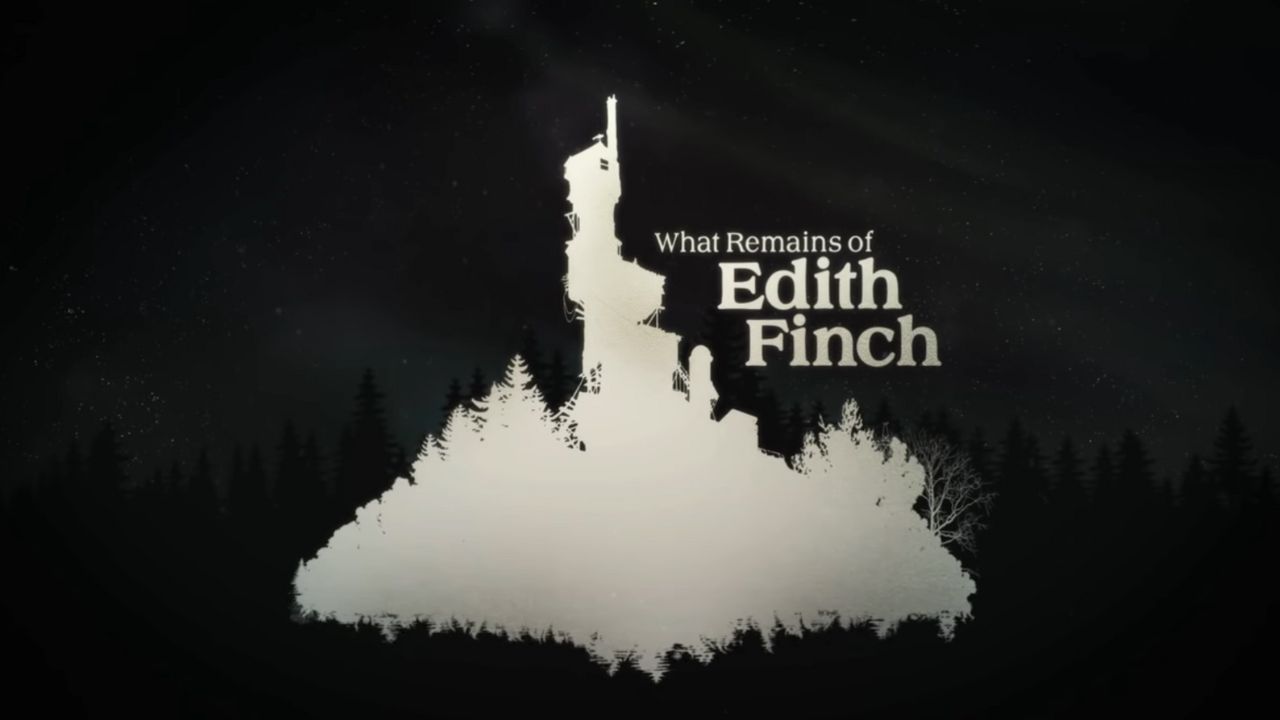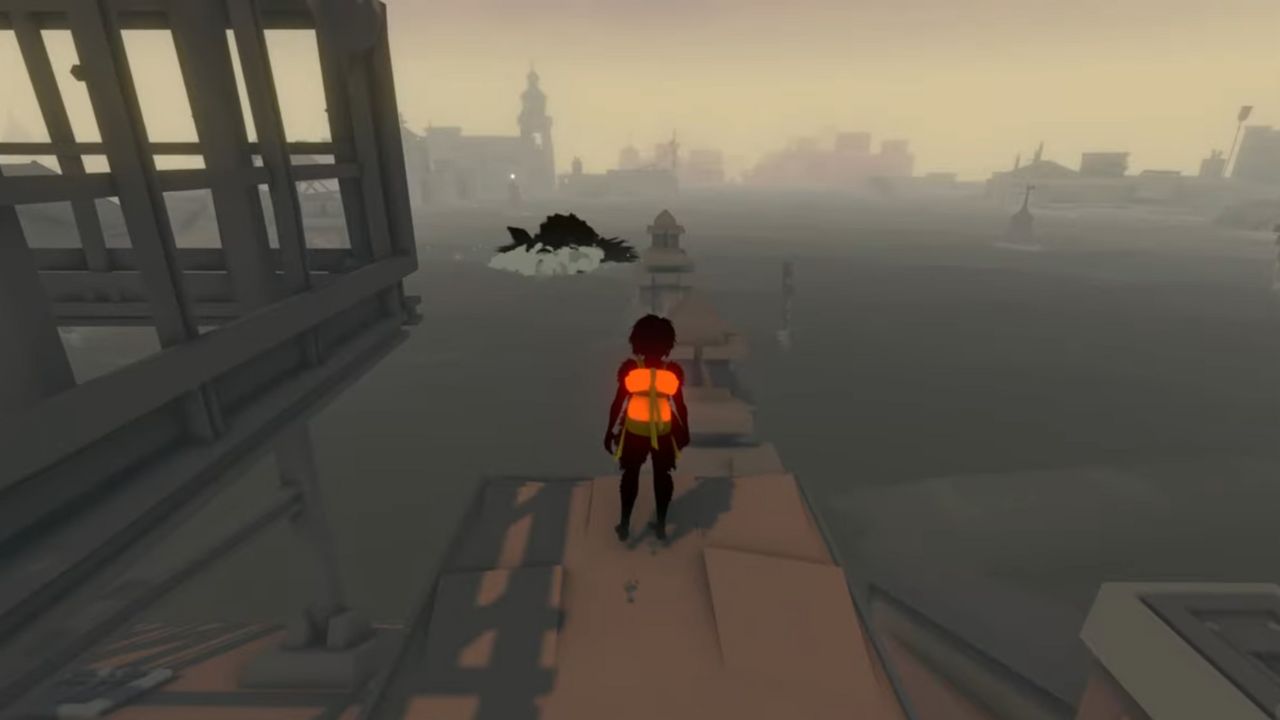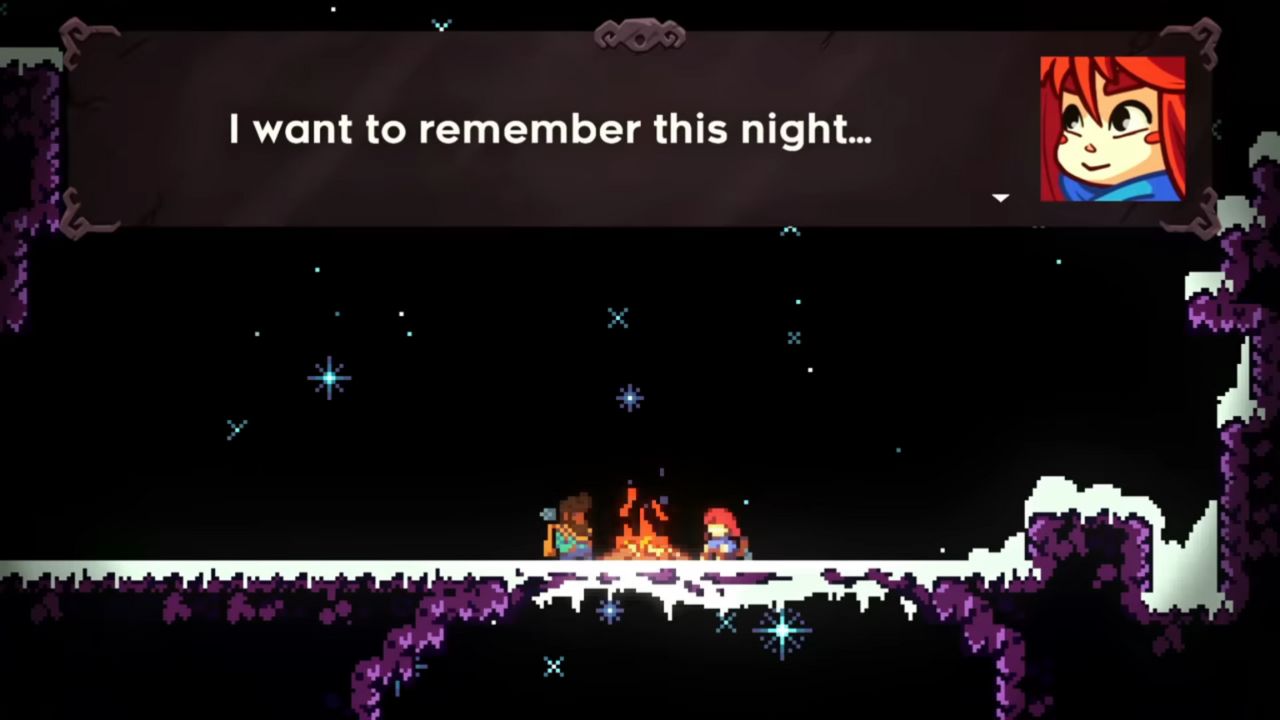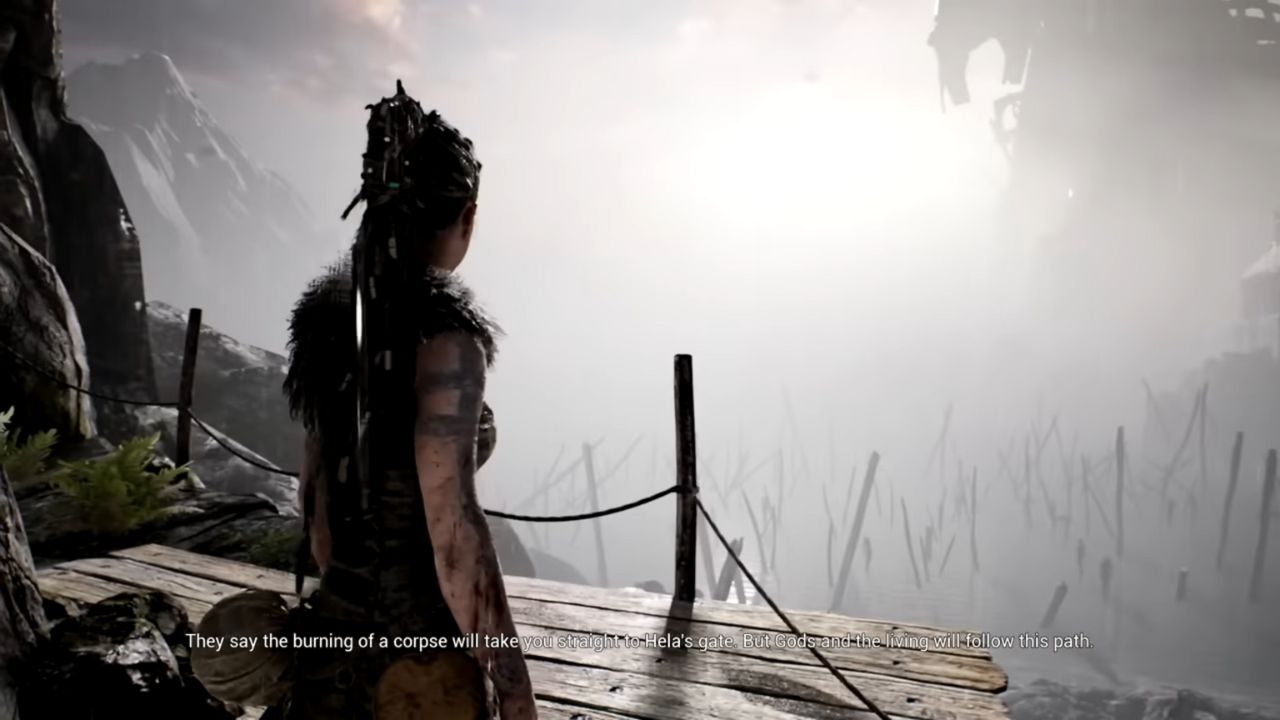As we wave goodbye to the treacherous year that was 2020 and usher in 2021 which is maybe setting up to be yet another tricky year. It’s more important than ever that each of us practices self-care and tries to keep our mental health in check.
This means doing the things that you enjoy as much as you can, socializing with others through any medium available, and adapting to the new routines that we all have been forced to adopt.
Gaming has been a form of salvation for many in these troubling times, with more people than ever turning to gaming as a way to fill the void that Covid has caused. So with this in mind, we thought we would showcase the fact that gaming has always been at the forefront of mental health.
Not only acts as a means of alleviating stress but also serves as a medium that raises these global issues to the masses, raising awareness for mental health and the importance of looking after one’s mental wellbeing. So here is our list of five games that handle mental health right.
Key Takeaways
- Bringing a walking simulator of What Remains of Edith Finch, is a great contender for video games purely focusing on mental health awareness.
- If you are into a fun game to explore, Sea of Solitude is my perfect entry to go for that goes on relatable in many moments in gameplay.
- Celeste also touches on aspects of mental health, with the character prone to panic attacks. But it also motivates the players to take on the challenge and overcome all types of fears.
What Remains Of Edith Finch
Giant Sparrow’s ‘What Remains of Edith Finch’ is a walking simulator-style game, a genre that became popular in the mid-tens. Although this game doesn’t solely focus on mental health issues, a particular part of the narrative fixates on the story of Lewis.
Within this interactive scene, you are playing Lewis as he works in the cannery, chopping fish. It is a mindless job and naturally, Lewis’ mind begins to wander.

He creates fantasies in his head of ‘King Lewis’, an imaginary character of his creation, and through intuitive game design, you are tasked with simultaneously carrying out both tasks. As the fantasy becomes more elaborate and complex, the task of cutting fish begins to become a burden, a chore distracting from what you would rather be doing and ultimately this leads to a fatal accident in the workplace.
The issue of mental health in this particular scene was not attacked head-on. However, the scene raised important points to consider about many people’s reality. Many of us work mundane jobs and dream of being elsewhere.
For many, the burden of work weighs on them heavily, whether that be through the treatment of staff, the workload they have on their shoulders, or simply, in Lewis’ case, the monotony of the job. It forced many to take a look at their own work situations and look for healthy ways to break free from their monotony.
Sea Of Solitude
Whilst What Remains of Edith Finch dealt with fringe areas of mental health issues, Sea of Solitude took the bull by the horns and truly showcased a real and visceral representation of what this illness can offer.
The game is of course, as most games of this nature are, metaphor-heavy because let’s face it, games are meant to be fun no matter what the message is. Through the overall journey through this Berlin-inspired landscape, you realize that the developers don’t hit cliches of the illness but instead make the experience true to its subject material.
For example, throughout the game, you are followed by a dark sea monster which represents depression, ready to strike at any time. Perhaps a little cliche.

However, the game never asks the player to use violence. The way to combat these dark influences is to persistently progress and to draw them into the light. This is representative of healthy ideals that we should aim to practice in our own lives.
The game also tackles poignant issues through the narrative that can often be catalysts for depression such as bullying or divorce. Then through careful and thorough writing, places these issues in the context of what the game is trying to convey.
Largely the game is about acceptance. Accepting mistakes, accepting events and occurrences that are beyond one’s control accepting depression for what it is, and making healthy steps to live with it.
Celeste
Next up, we have the 2018 platformer that took the gaming world by storm. No doubt that this was primarily down to its incredibly addictive gameplay, its challenging platforming sections, and its charming pixel art style.
For those who took the time to see this one right the way through to the end and took in the wonderful story, you’ll know that this game was also about overcoming your inner demons and dealing with mental illnesses on your path to success.
In Celeste, you take control of Madeline, a girl with one goal and one goal only, which is to climb Celeste Mountain. For reasons even unbeknownst to her, she takes on this challenge and along the way, the reasons behind her actions begin to make themselves clear. Madeline suffers from low self-esteem, and anxiety and is prone to panic attacks.

Something that becomes apparent not too long into the game’s narrative. So with that in mind, we begin to realize that Madeline is climbing this mountain simply to prove that she can accomplish something.
The game also represents the mental struggles that Madeline carries with her through a physical manifestation called ‘Badeline’. This clever approach gives the player a look into the psyche of Madeline, being able to see all of her negative thoughts out in the open and often acting as a hurdle on her path to success.
Much like Sea of Solitude, Celeste doesn’t rid the main character of their illness miraculously. To do this would be simply unrealistic. Instead, the game has Madeline confront her negative thoughts and last experiences, and accept them for what they are, and once the player does this, Badeline becomes an ally, helping the player to reach the summit.
This along with other aspects such as the feather mechanic during Madeline’s panic attacks. Or perhaps Mr. Oshiro and his feelings of self-loathing being front and center in chapter three all culminate to offer a game that truly understands the struggles of mental illness and serves as an inspiring story of self-acceptance.
Hellblade: Senua’s Sacrifice
Hellblade: Senua’s Sacrifice isn’t so much a game that touches on the phenomenon of mental health. Instead, it dedicates its entire campaign to showcasing different aspects of mental health and doing so with grace and aplomb.
This game tackles illnesses such as intense paranoia, self-doubt, depression, suicidal thoughts, and schizophrenia and in doing so, deals with each accurately and with the care and attention, it deserves.

In this title, you take control of Senua as she aims to reach Helheim, where she will attempt to free the lost soul of her late partner. This journey to do so is a treacherous one and it’s made all the more difficult due to Senua’s inner demons that block her path.
You see, Senua deals with an illness known as Psychosis, an illness that has its sufferers see things that in fact, are not real. This leads to the catalog of other mental ailments that we mentioned above.
Ninja Theory made it their mission to depict this illness as faithfully as they could and even enlisted the help of top neuroscientists to help with their project.
The final project was a huge success as not only is the game visually and mechanically brilliant. The game offers a narrative that showcases the surreal and tragic struggles of Senua on her journey to Helheim.
The phenomenon of not knowing what is real and what is a product of the illness is equal parts unsettling and distressing for the player and if you are looking for a game that truly captures the struggle and the subtle nuances that mental illness can bring, we doubt you’ll find one more up to the task than this one.
If you ever question if game development can be considered an art form, then this is certainly a point to raise in your debate.
So that’s our pick of the four games that truly understand and handle mental health right. What do you think of our list? Have you played any of these titles? Are there any games that we missed out on? Let us know in the comments section below.
Good job! Please give your positive feedback 😏
How could we improve this post? Please Help us. 💡
I’ve been a passionate writer for many years, and particularly enjoy writing reviews and discussing the artistic merit and philosophy of games. My favorite games include Portal, Half-Life 2, Shenmue, Donkey Kong Country, and the Yakuza series. I’ve also worked with other gaming websites such as lostincult, SwitchPlayerMag, Gameranx, TigerFitnesscom, and V4Media.



